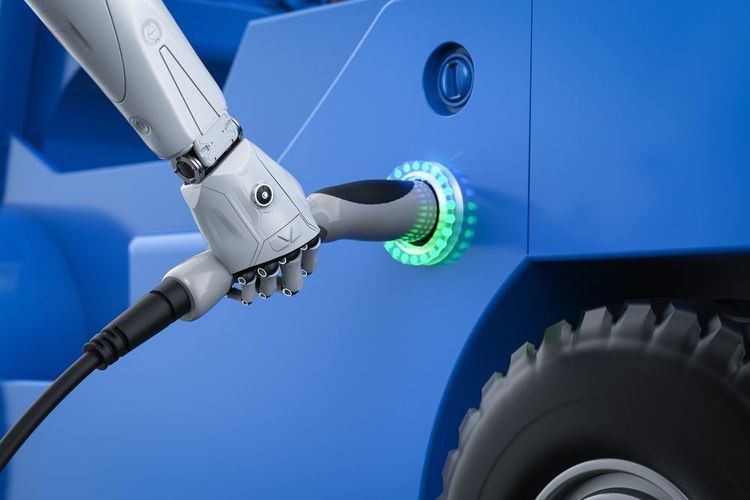The EV boom is finally coming to Russia
Moscow just announced to introduce hundreds of EV charging stations in the city.

Recently, Russia belatedly announced investments aimed at the growth of electric vehicles (EV) to catch up with the transition in the rest of Europe. Russia is expected to begin building the electric car infrastructure, starting in Moscow. The city plans to install 200 EV charging stations annually from 2021 until 600 are established in 2023. The head of the city's transport department, Maxim Liksutov, said: "There are now around 2,000 (electric) cars in Moscow and their number is increasing by around 10-15% every year. Charging infrastructure needs to be in place so that it can continue to grow. " Within the next decade, the city will also switch its public transport to electric drive. Mosgortrans, the owner of the city's bus and tram network, wants to increase its electric bus fleet from 600 to 1000 by the end of the year and is aiming for 2,000 electric buses to replace the existing petrol and diesel-powered fleet by 2024. However, when it comes to electric cars, Russia lags far behind the rest of Europe: in 2019, only 11,000 electric cars are registered nationwide, compared to 1 million in the EU. However, this number is expected to increase in the coming years. 1,000 electric cars are expected to be sold in Russia in 2021, and that number is expected to double annually in subsequent years. This comes just weeks after reports that Russia launched a new government program that will invest $ 11 billion in EV transport development. That is roughly double the budget earmarked for the program so far. Much of the funding for the program comes from the introduction of a tax on the sale of traditionally powered cars and two new tariffs on the import of foreign electric vehicles. Under the program, Russia expects production of 3,000 vehicles in 2022, which is expected to increase to 217,000 EV per year by 2030. There are currently no electric cars made in Russia, which means there is significant potential for the development of this part of the country's strong automotive sector. The Russian automotive industry makes up a significant part of the country's economy and employment. Over 600,000 people, or 1 percent of the workforce, are employed in this sector. Russia remains the fifth largest automobile market in Europe with a production rate of 3.1 million vehicles per year. This puts the country in a good position to switch to manufacturing electric vehicles in the years to come. Although Russia is late on the market, it could have a competitive advantage over other European manufacturers by offering cheaper electric vehicles to consumers. The expected Zero Emission Terra Transport Asset, or Zetta, is expected to cost just $ 6,100, making it cheaper than many alternatives and less than the German EV subsidy program, which theoretically offers consumers a free car. Ruslan Edelgeriev, climate adviser to President Putin, said: "Leading automakers, worldwide and in Russia, are announcing new lines of electric vehicles. Many of them plan to stop producing cars with internal combustion engines by 2030." And further: "In the next 20-30 years everyone will switch to electric vehicles." Russian engineering firm L-Charge has announced that it will offer mobile charging stations for electric cars through an app that will allow electric car owners to request a charge anywhere in Moscow. If successful, the company plans to expand to Paris, Berlin, New York, Amsterdam and London. This could be the first of many private initiatives if Russia succeeds in its plans to manufacture and distribute electric cars. While Russia is not known for its innovations in e-vehicles, significant investments, willingness to switch, the country's automotive manufacturing expertise, and low costs could give the country a competitive advantage if it catches up with the rest of Europe.






